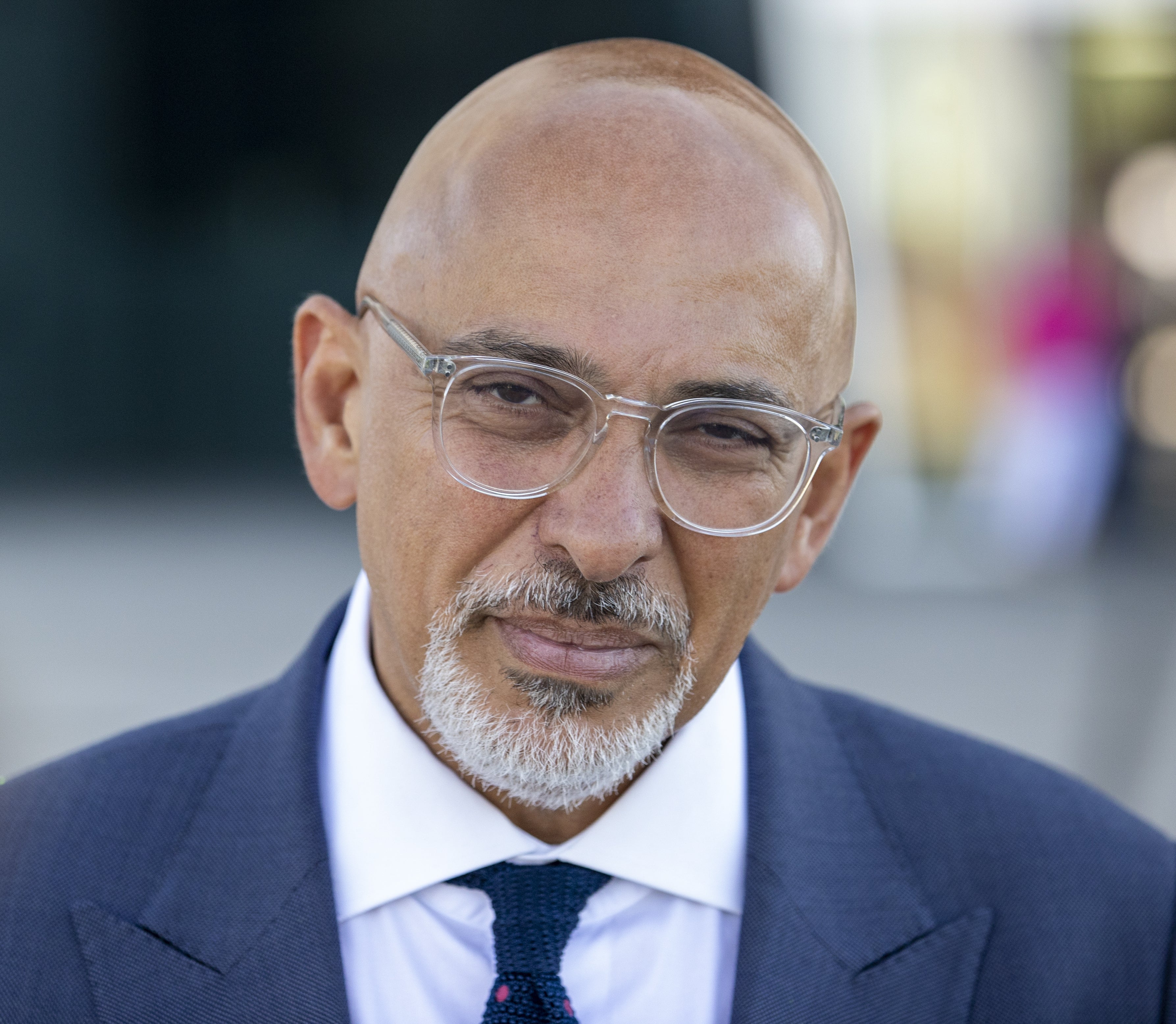
It is “difficult to see how many will cope” this winter, energy experts said, as a final prediction suggested the energy price cap will have tripled in just a year by October.
Cornwall Insight said households will face an 80% rise in bills going into the winter period when energy use soars.
It is the final forecast from the consultancy before regulator Ofgem announces the new price cap on Friday, which will come into effect on October 1 and last until the end of the year.
But things will get worse after that, Cornwall said on Monday. Energy prices are tipped to hit £3,554 from October, then rise to £4,650 from January.
So between October and April – which includes the coldest months of the year – the average household will pay an equivalent £4,102 per year for their gas and electricity.
It would be a massive jump from today’s £1,971, which is already a record, and much higher than the £1,138 seen last winter.
“While the energy price cap rise in April was already an unprecedent increase in domestic consumer energy bills, our final predictions for October are truly concerning,” Cornwall Insight said.
“With the cost of living spiralling and households looking at an energy bill rise of over £1,500 equivalent per year, it is difficult to see how many will cope with the coming winter.”

From April the price cap is expected to rise even further to £5,341. This will be for the spring and summer, so the impact on customers will be less severe.
However, the forecast still signals misery for households until the end of next year. Bills will drop slightly to a still high level of £4,768 from July 2023, before hitting £4,807 three months later.
The energy price cap is updated four times a year.
The new warnings will concern ministers as they meet energy bosses later this week.
Chancellor Nadhim Zahawi is holding a series of meetings this week to follow up on earlier discussions with energy generation companies.
Denmark’s Orsted, nuclear company Newcleo, and German giant RWE are all meeting the Chancellor this week, and will be asked what they can do to help consumers with rising energy prices.







